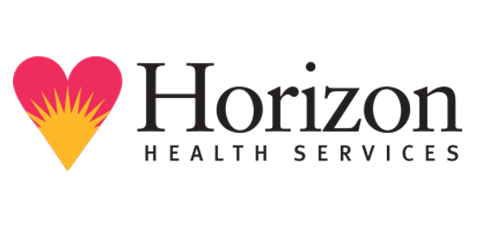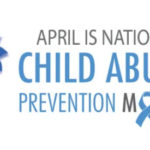Horizon Health Services, Rochester Institute of Technology and Upstate Foundation selected for funding
Commitments are part of the Lee Foundation’s $1.2 Million annual grantmaking strategy in mental health
The Patrick P. Lee Foundation is supporting initiatives at Horizon Health Services, Rochester Institute of Technology (RIT) and Upstate Foundation that improve access to mental health care in western and central New York.
Each institution will receive $100,000 from the private, Buffalo-based foundation focused on mental health and education. The Lee Foundation’s total $300,000 gift targets areas of the region that have a larger demand for mental health counseling than the workforce to support it.
An estimated 122 million Americans – including 4 million in New York – live in a mental health shortage area, as designated by the U.S. Health Resources and Services Administration (HRSA). Although the workforce shortage existed prior to the pandemic, the recent increase in demand for mental health services has made the situation even more critical. In 2020, four in 10 adults in the United States reported symptoms of anxiety or depression – a significant increase from the previous year when one in 10 adults reported these symptoms.
The Lee Foundation issued a request for proposals inviting nonprofit organizations from western and central New York to develop programs that implemented the clinical recommendations presented in Enhancing the capacity of the mental health and addiction workforce: A framework, by Anita Burgos, Ph.D., and Benjamin Miller, Psy.D. The policy paper, commissioned by the Lee Foundation and three other philanthropic partners, identifies actionable solutions to mitigate the current strain on the mental health system. Solutions include partnering with primary care physicians to ensure more timely interventions for patients needing mental health services.
The Lee Foundation has investments in scholarship programs and other long-term strategies to build the mental health workforce. Now, the foundation is taking more immediate steps to address increasing demands for mental health care related to the COVID-19 pandemic, according to Lee Foundation Executive Director Jane Mogavero.
“We selected innovative programs at Horizon Health, RIT and Upstate Foundation that expand and redefine the traditional mental health workforce to include other trusted partners, such as primary care,” Mogavero said. “Our goal is not to replace clinical services, but to create more opportunities.”
The Lee Foundation awarded $100,000 to each recipient:
- Horizon Health (Engaging Primary Care Patients in Mental Health Treatment via Staff Training and Care Coordination)
Focused on two primary care offices located in Erie and Niagara Counties, Horizon Health’s program will provide primary care staff training and ongoing assistance with: (1) identifying patients in need of mental health care; (2) training and direct support in linking them to rapid mental health assessment appointments; (3) securing telehealth services for patients to ease/expedite patients’ linkage and receipt of care; and (4) triaging patients to the most appropriate type and level of care both within and outside of Horizon. A Practice Coordinator will be on-site to enhance communication and care collaboration. The program will allow for more effective identification of primary care patients in need of mental health care, provide them expedited treatment access, and ensure continuity of care across providers.
- RIT (Expanding Integrated Treatment Services in Primary Care Through Clinical Psychology at RIT)
The Lee Foundation grant will support the addition of a postdoctoral psychology fellow to the Priority Behavioral Health and Clinical Psychology program in RIT’s College of Health Sciences and Technology. The fellowship will enhance the integration of behavioral health treatment into primary care services for patients of Rochester Regional Health Family Medicine and support the College of Health Science and Technology’s Priority Behavioral Health Clinic and the free mental health/substance use treatment for underserved populations.
The fellowship will focus on an integration of care model to provide clinical training in behavioral health, addiction therapy and innovative digital tools developed at RIT, such as “Avatar Assisted Cognitive Behavioral Therapy” and other software programs, to reinforce coping skills and improve treatment outcomes. The Behavioral Health Clinic at RIT is a pre- and post-doctoral training clinic. The clinicians are supervised by licensed mental health professionals and offer a wide range of services to cope with various mental health concerns.
- Upstate Foundation (The Upstate Mental Health REACH initiative)
Upstate Medical University will utilize the Project ECHO model to increase the capacity of primary, family medicine, and obstetrics and gynecology providers in the eight counties of central New York to systematically screen, identify, treat, and appropriately refer patients suffering from mental health disorders. The goal is for primary providers to increase competencies in treatment of mild to moderate mental health disorders and provide much needed mental health care in a timely manner. Upstate will also provide information about appropriate referrals, particularly with complex situations, encourage comfort in a consultation model and enable development of a collaborative care pathway between the providers and psychiatrists.












